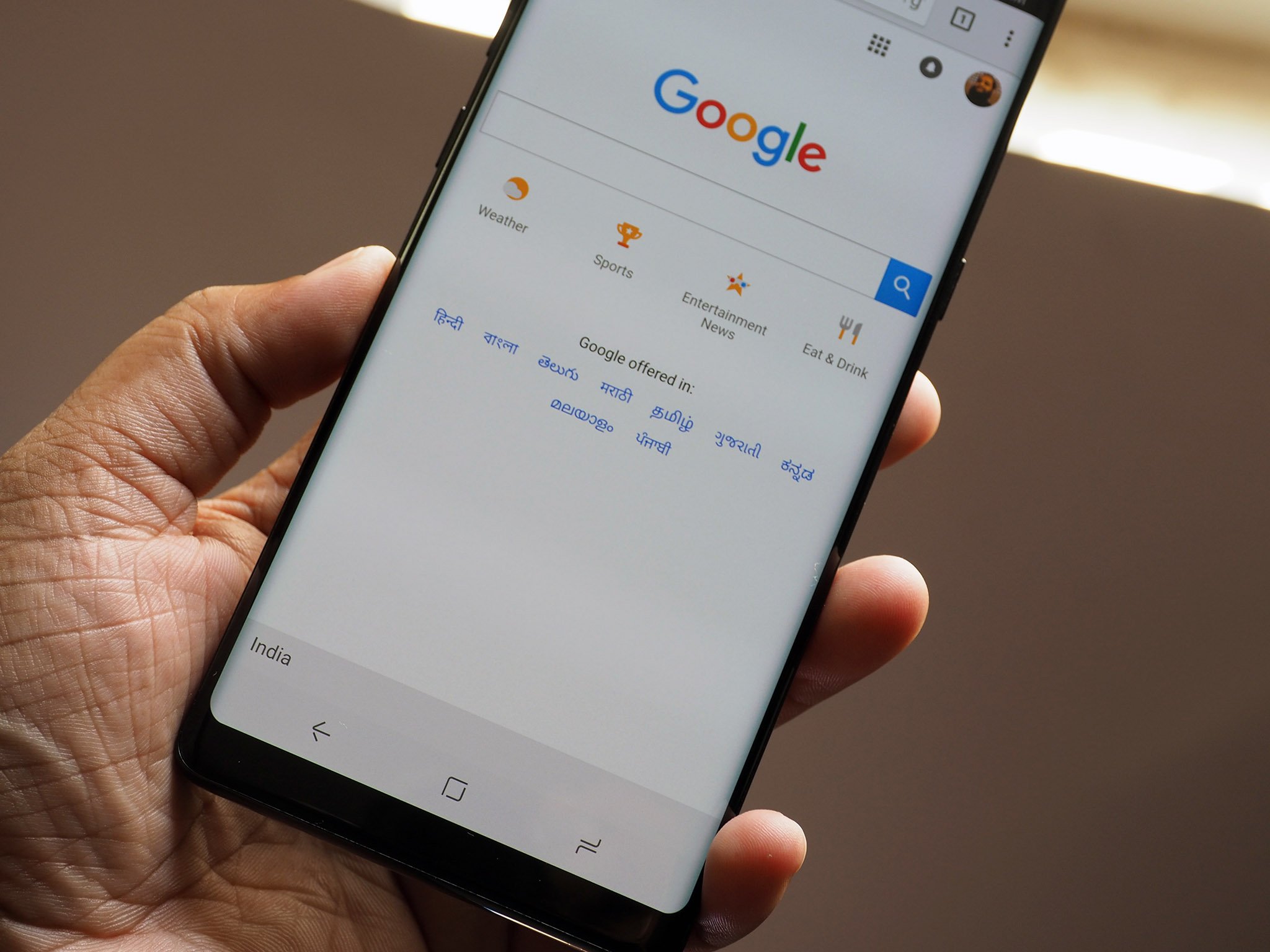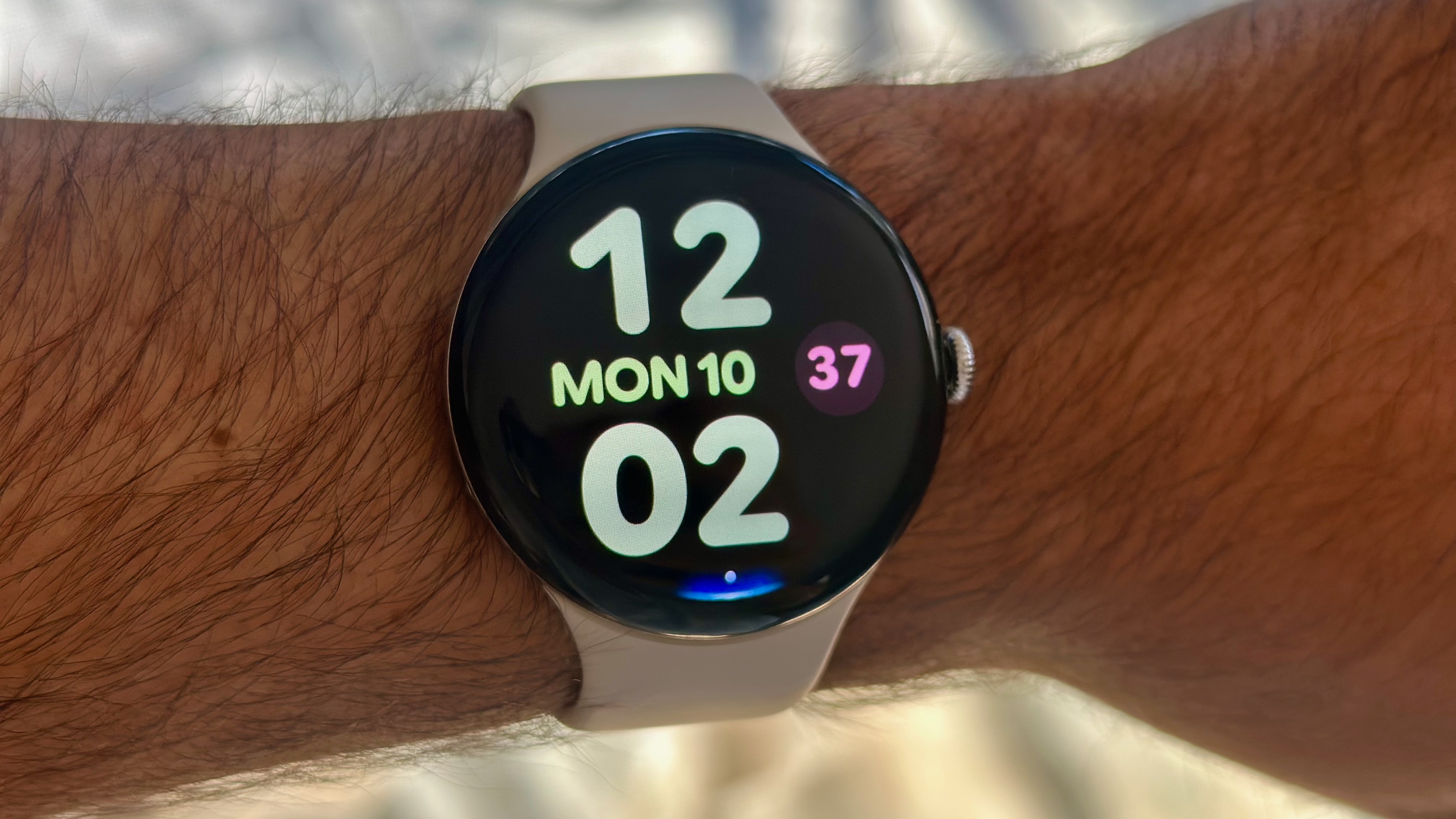Amazon and Instagram are stealing eyeballs away from Google search

What you need to know
- Google's search revenues aren't growing as fast as they used to.
- Analysts point to both market saturation and a slow bleed of customers as the cause.
- Half of all product searches, for example, now originate on Amazon, sidestepping Google.
Used to be that Google was the swiss army knife of the internet. Want to buy a new refrigerator? Ask Google. Want to plan your next trip to the Bahamas? Google's got you covered. Looking for the textbook your lecturer mentioned in class? Here's Google. Slowly but surely, however, Google privileged position as the gateway to the internet at large is being eroded.
And while Google remains the jack of all internet trades — no one else is going to help you find that obscure bit of trivia about the Orange-bellied Parrot — it's dominance in search, and therefore ads, is being challenged by the masters of quite a few realms.
As a Bloomberg report citing a Sanford C. Berstein analyst points out, half of all product searches are now carried out on Amazon and not Google. Netizens, it seems, have wisened up and instead of asking Google to take them to Amazon, they're simply finding their way to the destination themselves. That's probably why Google is making such a big deal of letting you see product information within the search results themselves, so you don't spend too much time on the merchants' websites themselves.
The same pattern abounds with music searches, where Spotify is muscling in on Google's turf. Even social media sites like Instagram and Pinterest are enjoying some success with searches for one-off items like clothing, and therefore taking away eyeballs from Google's biggest cash cow.
All of this is starting to show on Google's balance sheet, as the company last year recorded an increase in search revenue of only 15%, much less than the 22% it reported in 2018. Bernstein's Mark Shmulik expects this pattern to continue in the coming years, with searching growing by only about 13% to 15% each year.
Google is rethinking how it shows favicons on desktop search
Get the latest news from Android Central, your trusted companion in the world of Android

